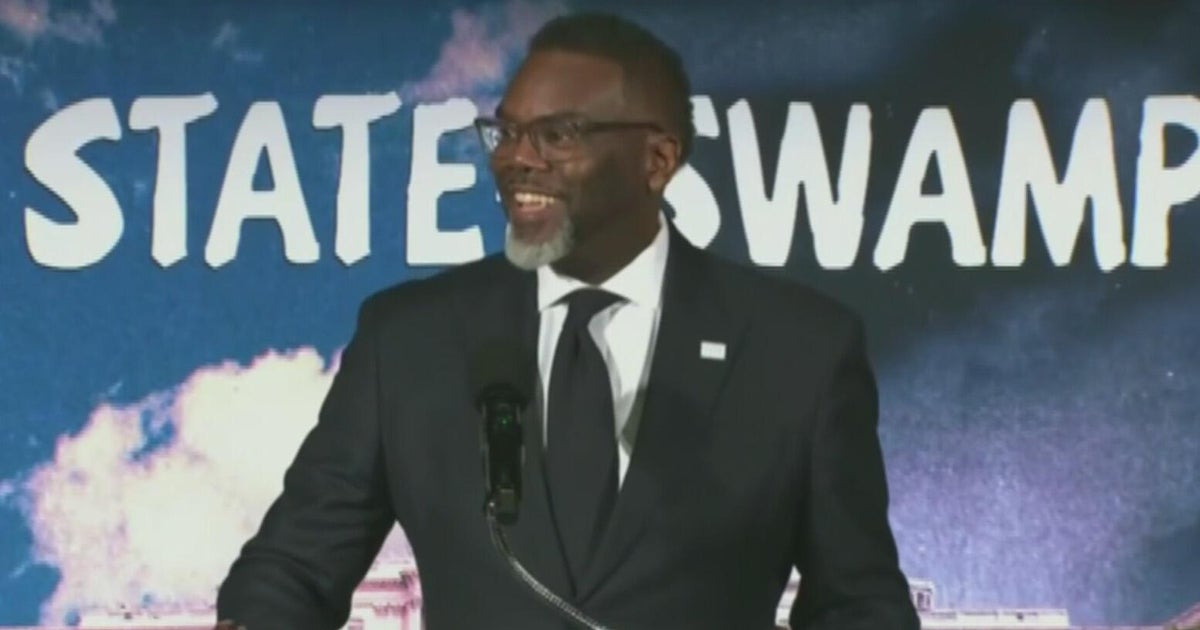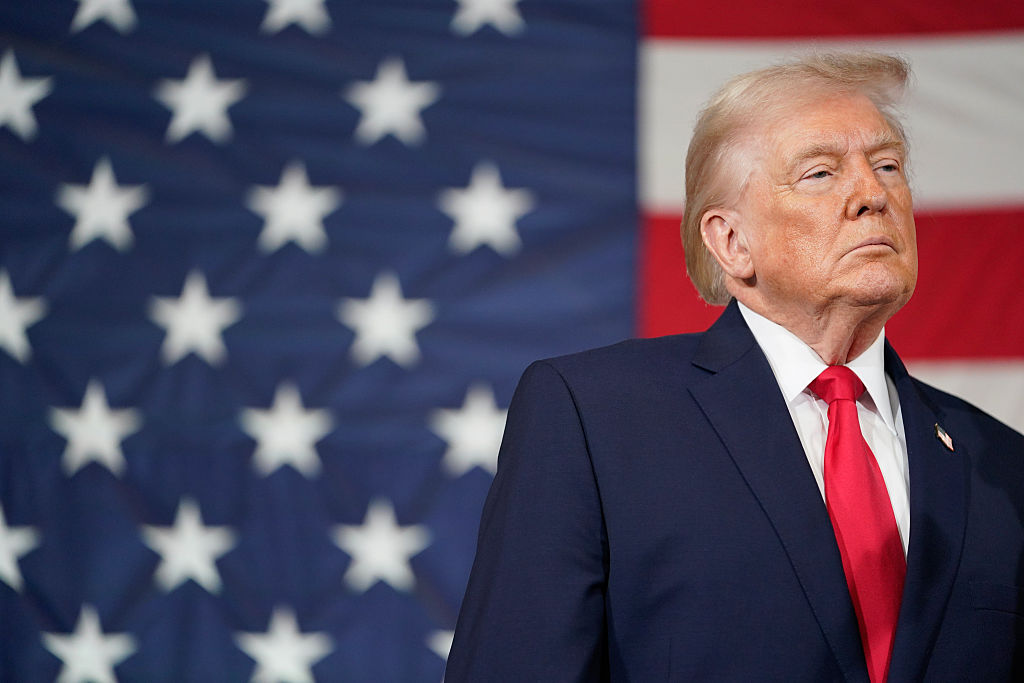Sen. Marco Rubio "not very optimistic" North Korea will denuclearize
Sen. Marco Rubio, R-Florida, says he's "not very optimistic" about the prospects of North Korea carrying out total denuclearization in potential negotiations with the U.S. and South Korea.
President Trump pulled out of the planned June 12 summit with leader Kim Jong Un on Thursday, but now there are signs it could be back on. South Korean President Moon Jae-in met with Kim in a surprise meeting at the border on Saturday and said Kim was still committed to "complete denuclearization" of the peninsula.
Rubio, speaking to "Face the Nation" on Sunday, said the regime is "playing a game" with their nuclear capabilities.
"We're not talking about him because of his global and economic power. We're talking about them because they have nuclear weapons and long range missiles and [Kim] knows that," said Rubio.
Mr. Trump on Thursday wrote in a letter to Kim that he was "very much looking forward to being there with you. Sadly, based on the tremendous anger and open hostility displayed in your most recent statement, I feel it is inappropriate, at this time, to have this long-planned meeting."
Rubio said it's going to be "very difficult" for Kim to give up his nuclear stockpile. He suggested that Kim is now "going to try to get as much sanctions relief as possible without having to give up his weapons."
"I think it's going to be a lot of twists and turns along the way to to try to get there if it's even possible. But I hope I'm wrong," added Rubio.
On trade relations with China, Rubio said he was confident that a supermajority in Congress would support legislation that would bar Chinese telecom companies like ZTE from operating in the U.S. Rubio claimed that the companies were being used for "espionage" in the U.S.
"None of these companies should be operating in this country. None of them. They are used for espionage. They are part of the supply chain, whether it's routers or anything else. They embed stuff in there that could be used to spy against us. Not just for national security -- that's how they steal corporate secrets. That's how they transfer technology. If they can't force you to do it through a business deal, they steal it from you," said Rubio.
His comments come after the Trump administration told Congress on Friday that it has reached a deal allowing ZTE to sell to U.S. companies in exchange for a management shakeup and additional fines. ZTE has already paid roughly $1 billion in fines for violating U.S. sanctions on Iran and North Korea.
"If this was just a company that did something wrong and needed to be punished, the president's right. The difference is I don't view this just as a ZTE issue. I view it in the broader context of [a] China that is trying to overtake the United States," said Rubio.
He added, "I think most members of Congress have come to understand the threat China poses and I think there's a growing commitment in Congress to do something about what China is trying to do to the United States. And this is a good place to start, as I said, and I think we'll have a supermajority to do it."



